
U-M Health again named to the nation’s Honor Roll of hospitals
U-M Health ENT program is #1 in Michigan, #12 in the nation

U-M Health ENT program is #1 in Michigan, #12 in the nation
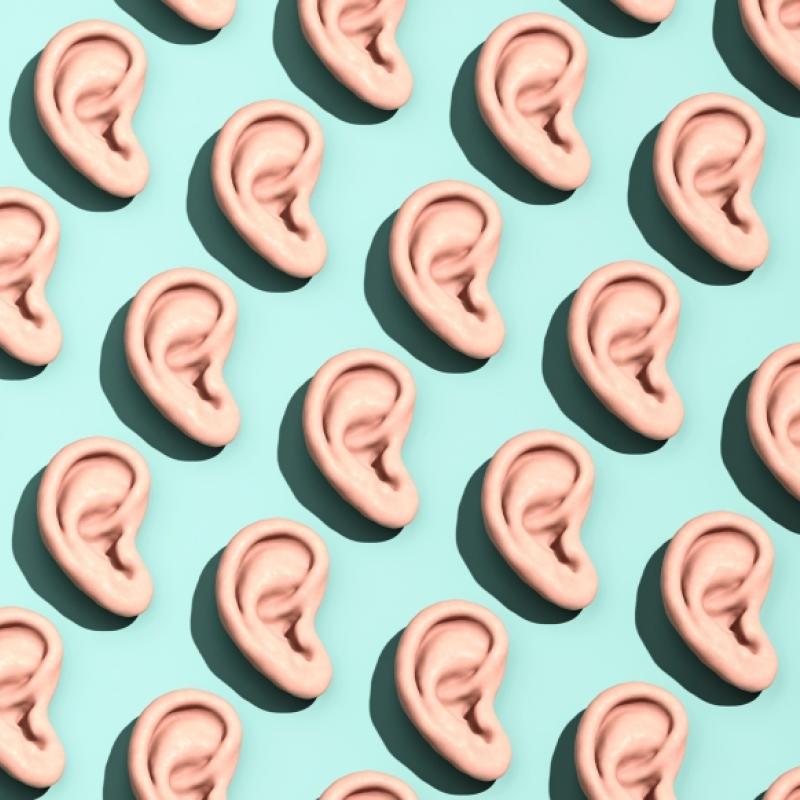
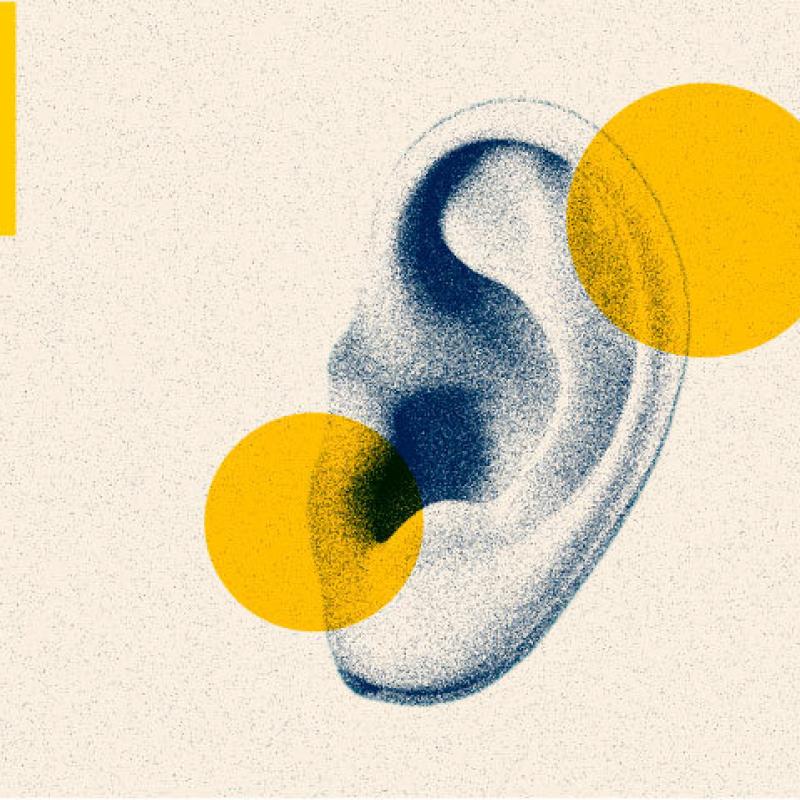
Study suggests that the overexpression of cochlear neurotrophin-3 can help prevent the loss of hearing.
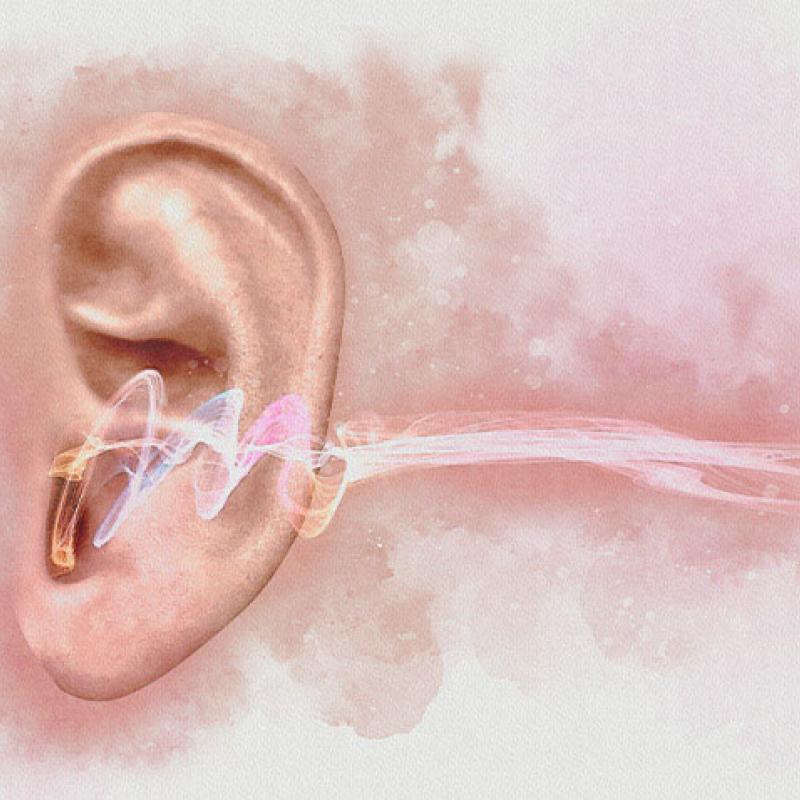
Audiology expert provides insights on the new FDA regulation.

U-M Health ENT program is #1 in Michigan and #9 in the nation.
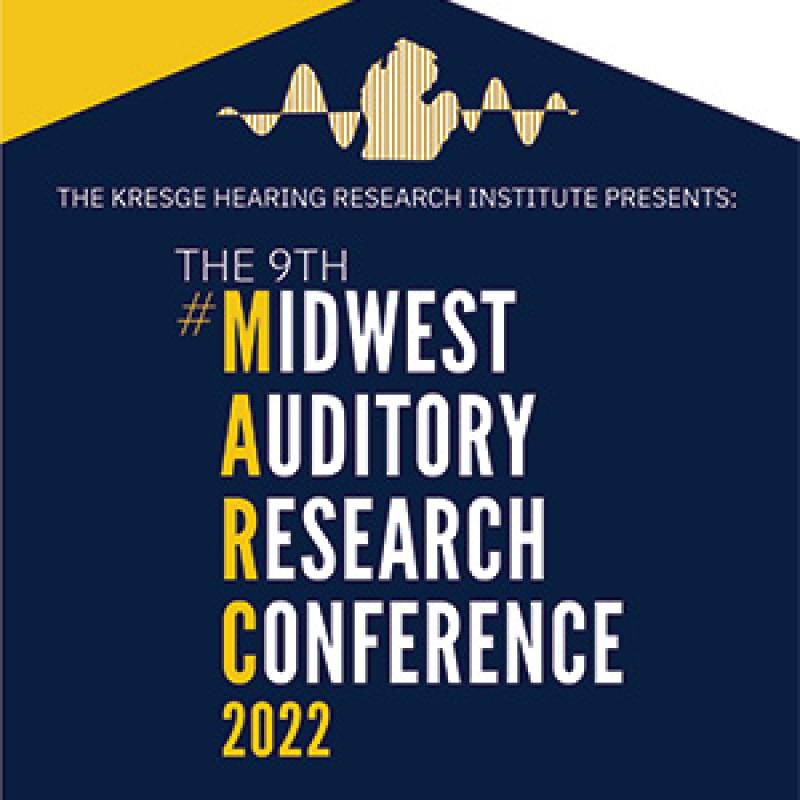
Innovation and advancements in auditory and vestibular research on display at the 9th Midwest Auditory Research Conference.
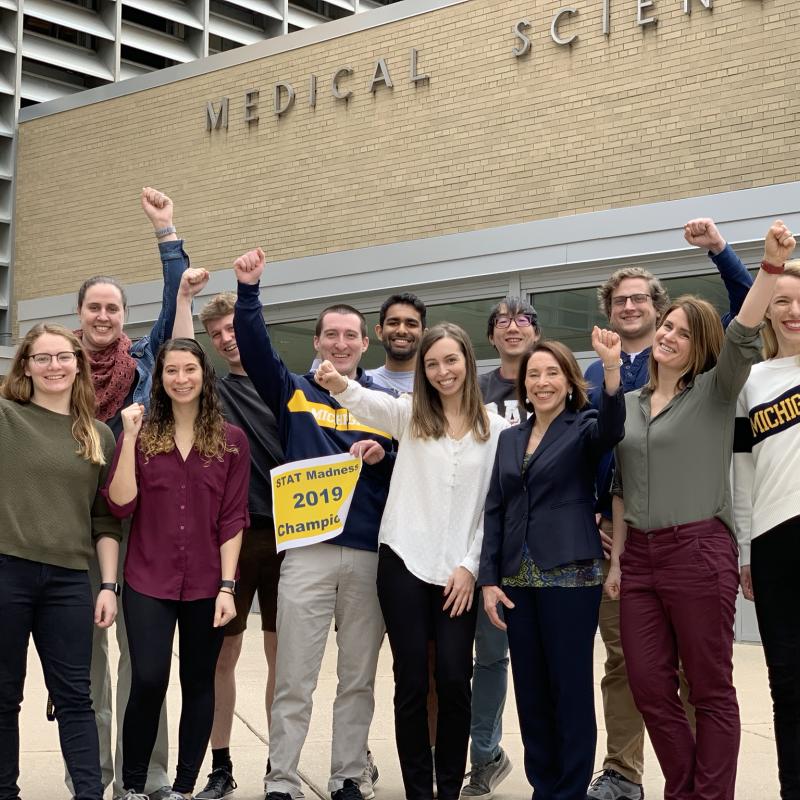

We are ranked first in the nation for ear, nose and throat care.

Mark your calendar for the 15th Annual Lawrence-Hawkins Symposium, scheduled for Oct. 3 at the Michigan League-Hussey Room .

Fifty million people in the United States suffer from some degree of tinnitus, commonly referred to as ‘ringing in the ear’
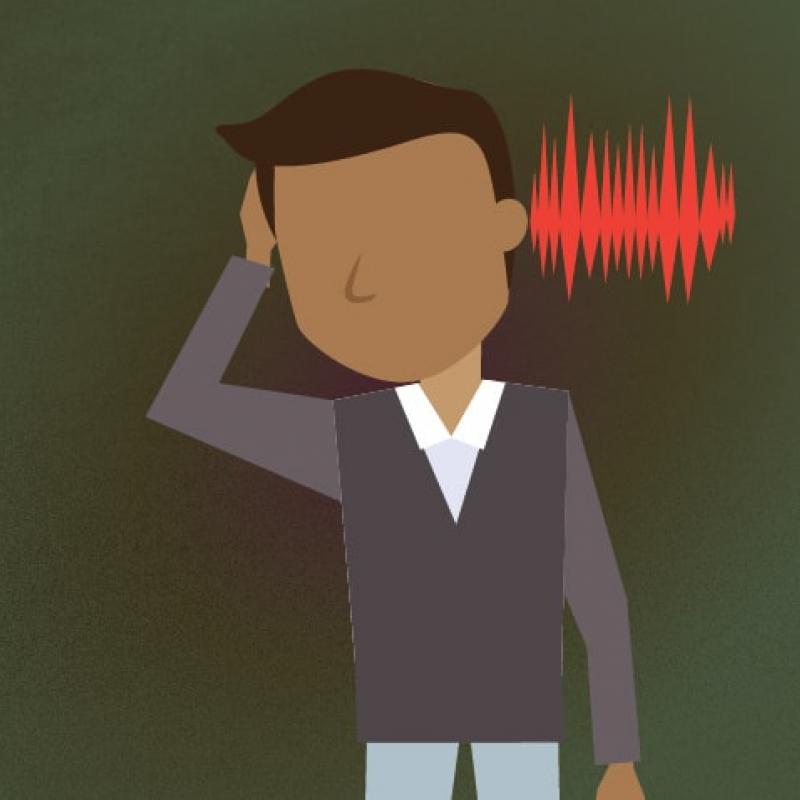
A new treatment device is taking aim at the root cause of ringing in the ears. Next up: an additional clinical trial to further refine the approach.

A high-dose antioxidant regimen helps slow one type of genetic hearing loss in mice. Researchers hope to learn whether it could someday be used to treat the most common cause of childhood deafness.

Former Kresge Hearing Research Institute director Josef M. Miller passed away on February 17, 2017
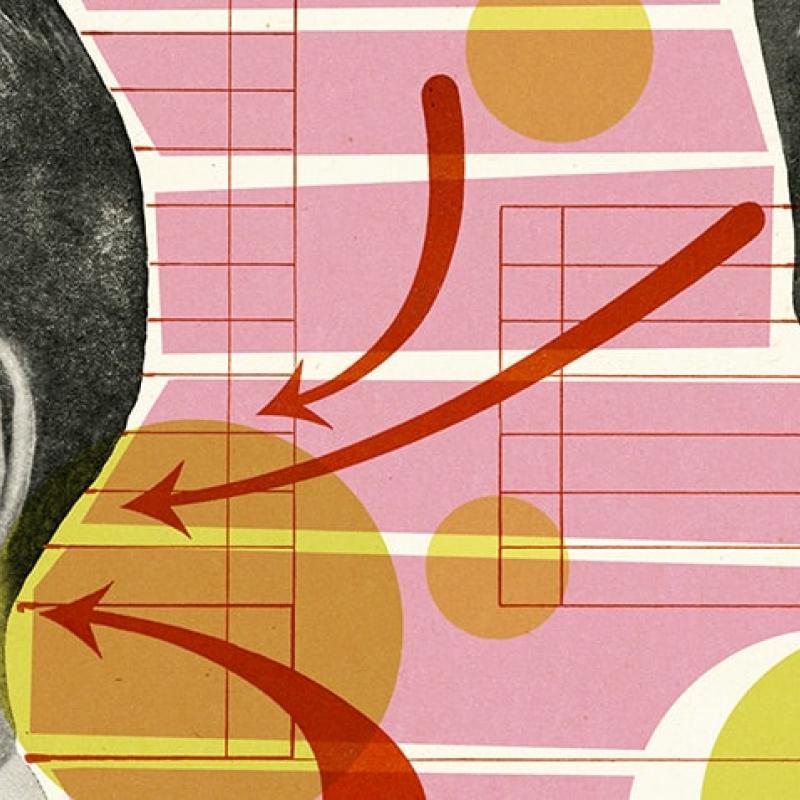
University of Michigan researchers report a new, unexpected cause for "hidden hearing loss," a significant step toward the eventual work to identify treatments.
U.S. News & World Report names U-M Health System #1 in Michigan and #8 in nation for ear, nose and throat care
